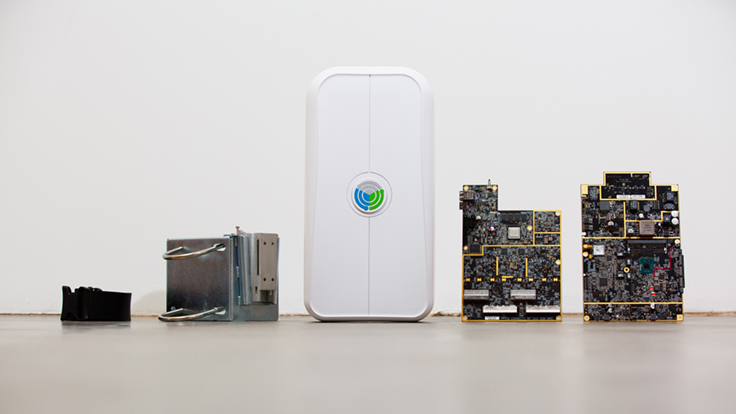
Led by Facebook, OpenCellular is an open-source and software-defined wireless access platform aimed to improve connectivity in remote areas of the world. The platform is designed to drive down the price of setting up cellular communications infrastructure in places where it has been traditionally difficult to do so.
Around the world, approximately 60% of people do not have access to internet, and 10% live outside the range of cellular connectivity. What’s more, and despite the widespread global adoption of mobile phones, traditional cellular infrastructure required to support basic connectivity and advanced capabilities like broadband is still unavailable and prohibitively expensive in many parts of the world. Facebook intents to change that by launching the Telecom Infra Project (TIP ), which aims at exploring new approaches to setting up data-intensive communication networks.
The hardware design will be open-source, along with the necessary firmware and control software to enable locals to build, implement, deploy, an operate wireless infrastructure based on this platform. The system is deigned to support different types of wireless networks, ranging from 2G through LTE, while also providing Wi-Fi and voice calls.
The box system is composed of two main subsystems—general-purpose and base-band computing (GBC) with integrated power and housekeeping system, and radio frequency (RF) with integrated analog front-end. The basic box is scalable for various population densities and is designed to maximize the existing and locally available infrastructure (pole, backhaul, power) of communities to minimize civil costs. The company also intends to localize manufacturing and create a lightweight supply chain that enables new Original Equipment Manufacturing (OEM) and can support existing operators. Simplified installation and support would also minimize operational and support costs. The design for the box scales down traditional telecommunications equipment to make the equipment itself and the installation more affordable to communities worldwide.
While Facebook has good intentions in expanding access, other global initiatives have been negatively received. Earlier this year, both India and Egypt banned the company from expanding their Free Basics program into the countries, ruling that the program infringes on the principles of net neutrality. Facebook is currently testing the platform in their headquarters and expects to release the system later this summer. No word yet on how the system will be received across the world.
Sources: Facebook , The Verge , Engadget
Advertisement
Learn more about Electronic Products Digital





